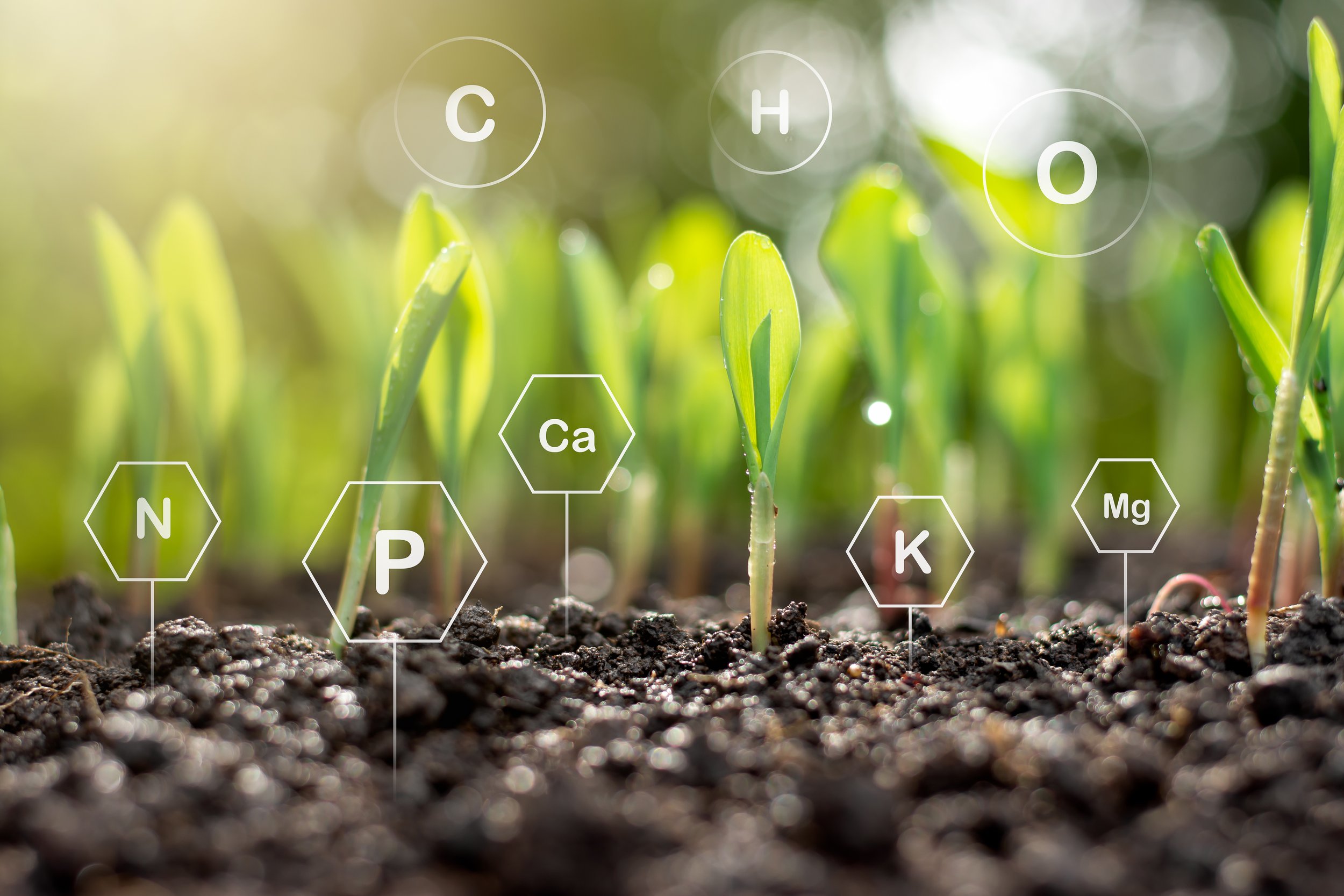New European Union legislation requires compliance mechanisms and access to environmental information
Cristina Leme Lopes, Senior Research Manager at Climate Policy Initiative/PUC-Rio
Three of the modern world's greatest challenges – climate change, accelerated loss of biodiversity, and food security – can and must be addressed through common strategies that reconcile food production with the conservation of forests and a wide range of habitats. Because these challenges are global, they must be dealt with by a variety of actors at national and international levels, including governments, farmers, agribusiness, NGOs, and civil society.
It is in this context that the European Union (EU) approved new legislation banning the import into the bloc's countries of a range of agricultural commodities produced in areas deforested after December 31, 2020. Europe's objective is to prevent deforestation and forest degradation arising from the production of beef, timber, palm oil, soy, coffee and cocoa, and their derivatives, such as leather, chocolate, and furniture.
Brazil is a world leader in the production and export of several commodities listed in this European legislation, which opens both opportunities and challenges. It is estimated that we could double our agricultural output by cultivating areas that are already cleared, with no need for further deforestation. In the Amazon alone, some 85 million hectares of today’s deforested areas¹ could meet the demand projected by the Brazilian government for agricultural production through 2030². Furthermore, food supply can also grow from higher yields, adopting technologies and good agricultural practices.
On the other hand, farmers and agribusiness will need to adopt compliance mechanisms, such as traceability and certification tools, among others, to prove the commodities they produce do not come from areas deforested or degraded after December 31st, 2020. Compliance goes beyond deforestation and forest degradation, since it must also show respect for environmental and labor laws, and depends, to a large extent, on information being made publicly available and accessible.
Meanwhile, Europe’s new rules do not define deforestation and forest degradation. For example, will production in fallow areas with secondary vegetation be considered deforestation? Regarding degradation, the question is even more complex. Degradation can be defined as the partial loss of forest biomass, but measuring it is complex because the process goes through different stages and degrees.³
In practical terms, the compliance required by the new EU legislation depends on access to information from a series of public documents, including permits, licenses, notices of violation, embargoes, environmental registries, such as the Rural Environmental Registry, and also remote sensing land-use information for real-time monitoring of deforestation.
This information, however, is not always available to the public and is often outdated. Its access may fall under the jurisdiction of different levels of government (federal, states, and municipalities) and even in a single national system, it is difficult to integrate the different states’ databases.
These new conditions can be a chance to push for Brazil to adopt mechanisms to integrate public data banks, ensuring transparency and access to information. On the other hand, the lack of a central data platform with public data on both illegal and authorized deforestation or forest degradation may raise a significant barrier, especially for small and medium farmers producing commodities listed in the EU legislation.
In addition, the new EU legislation can help Brazil actually implement its own federal Forest Code, the law that promotes the growth of agriculture in a way that protects natural resources, by enforcing conservation rules and limits on land use. According to the Code, any deforestation of native vegetation requires prior authorization from the competent authority and environmental offset through a mechanism known as forest replacement (reposição). Together with the federal norms on conserving Permanent Preservation Areas (APP) and Legal Reserves, such mechanisms ensure sustainable agricultural and livestock production.
In addition, the new EU legislation can help Brazil actually implement its own federal Forest Code, the law that promotes the growth of agriculture in a way that protects natural resources, by enforcing conservation rules and limits on land use. According to the Code, any deforestation of native vegetation requires prior authorization from the competent authority and environmental offset through a mechanism known as forest replacement (reposição). Together with the federal norms on conserving Permanent Preservation Areas (APP) and Legal Reserves, such mechanisms ensure sustainable agricultural and livestock production.
In partnership with LIF, the CPI/PUC-Rio's project aims to make forest replacement a tool that can inhibit legal deforestation and promote the restoration of priority areas for conservation. The project will also offer recommendations to improve the transparency, tracking, and integration of data on legal deforestation in order to improve on-farm monitoring and control over this practice.
With support from the Land Innovation Fund, the Climate Policy Initiative implements a forest compensation program seeking to leverage the Brazilian Forest Code’s financial compensation instrument to promote sustainable development, while also increasing transparency, data access, and information integration to improve decision-making and strengthen the country's ecosystem mechanisms.
References
¹ Antonaccio, Luiza, Juliano Assunção, Maína Celidonio, Joana Chiavari, Cristina L. Lopes, Amanda Schutze. Ensuring Greener Economic Growth for Brazil. Rio de Janeiro: Climate Policy Initiative, 2018. bit.ly/3oZHgSY
² https://amazonia2030.org.br/wp-content/uploads/2022/10/ParadoxoAmazonia_AMZ2030.pdf
³ Gandour, Clarissa, Diego Menezes, João Pedro Vieira e Juliano Assunção. Degradação Florestal na Amazônia: Fenômeno Relacionado ao Desmatamento Precisa ser Alvo de Política Pública. Rio de Janeiro: Climate Policy Initiative, 2021.


